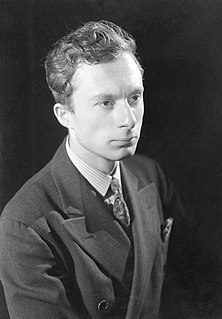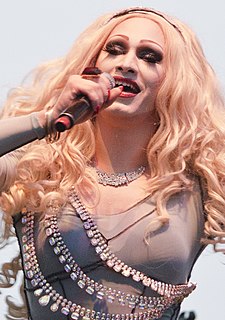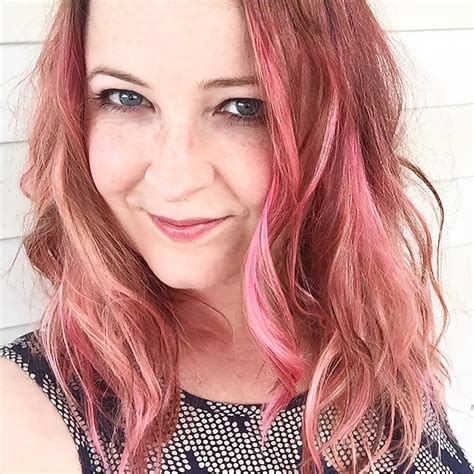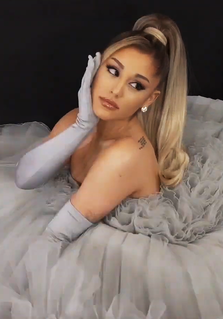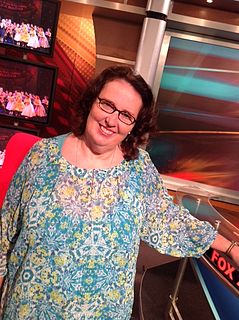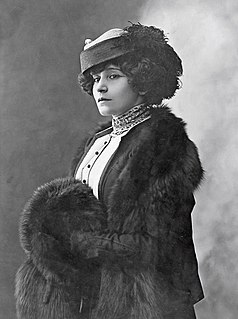A Quote by Sean Hepburn Ferrer
In her heart my mother much preferred the intense few days of shelling, which brought freedom, to the languishing fear she felt every time she stood by waiting for the Nazi troops and later for the SS to march by, singing their songs of victory and supremacy.
Related Quotes
Suddenly she felt strong and happy. She was not afraid of the darkness or the fog and she knew with a singing in her heart that she would never fear them again. No matter what mists might curl around her in the future, she knew her refuge. She started briskly up the street toward home and the blocks seemed very long. Far, far too long. She caught up her skirts to her knees and began to run lightly. But this time she was not running from fear. She was running because Rhett's arms were at the end of the street.
Margaret had always dreaded lest her courage should fail her in any emergency, and she should be proved to be, what she dreaded lest she was--a coward. But now, in this real great time of reasonable fear and nearness of terror, she forgot herself, and felt only an intense sympathy--intense to painfulness--in the interests of the moment.
From the first time he'd met her, he'd sensed an air of contradiction about her. She was very much a woman, but still retained a waiflike quality. She could be brash, and at times deliberately suggestive, yet she was painfully shy. She was incredibly easy to get along with, yet she had few friends. She was a talented artist in her own right, but so self-conscious about her work that she rarely completed a piece and preferred to work with other people's art and ideas.
My mother wanted to be a mother. That's the only thing she wanted from the bottom of her heart. She didn't want to be the number one actress - which she was - and she didn't want to be this great legend. All she wanted to be was a mother and she did but God took her away. So I always will empathise and sympathise with women.
Every day, my mom and I would watch a different Judy Garland VHS. I love how she tells a story when she sings. It was just about her voice and the words she was singing - no strings attached or silly hair or costumes, just a woman singing her heart out. I feel like that doesn't happen that much anymore.
One of my sisters wanted to be an opera singer. So, we spent a few dollars to try to train her, because Italian people would like to have an opera singer in the family. But she's got trouble coughing, let alone singing. One day, she was in the shower singing 'Madame Butterfly,' three days later the Japs attacked Pearl Harbor.
And she loved a man who was made out of nothing. A few hours without him and right away she’d be missing him with her whole body, sitting in her office surrounded by polyethylene and concrete and thinking of him. And every time she’d boil water for coffee in her ground-floor office, she’d let the steam cover her face, imagining it was him stroking her cheeks, her eyelids and she’d wait for the day to be over, so she could go to her apartment building, climb the flight of stairs, turn the key in the door, and find him waiting for her, naked and still between the sheets of her empty bed.
[Keeping kosher was] the symbol of an initiation, like the insignia of a secret brotherhood, that set her apart and gave her freedom and dignity. Every law whose yoke she accepted willingly seemed to add to her freedom: she herself had chosen . . . To enter that brotherhood. Her Judaism was no longer a stigma, a meaningless accident of birth from which she could escape . . . It had become a distinction, the essence of her self-hood, what she was, what she wanted to be, not merely what she happened to be.





